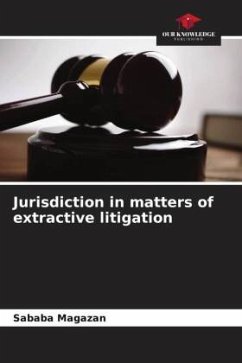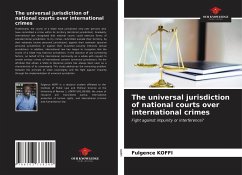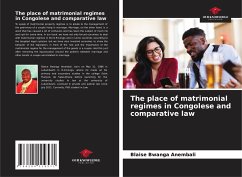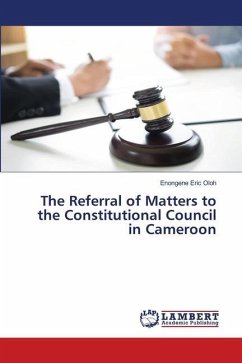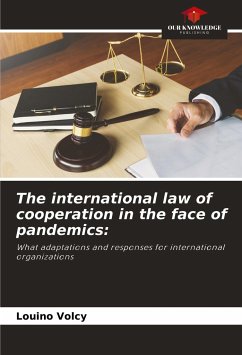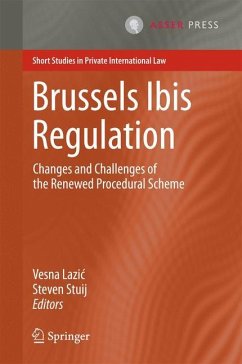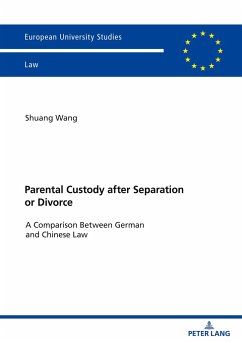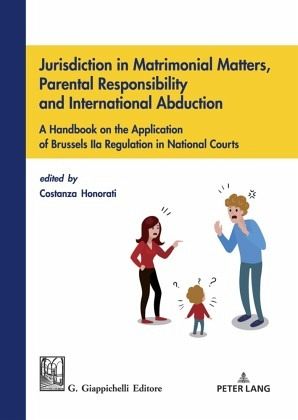
Jurisdiction in Matrimonial Matters, Parental Responsibility and International Abduction
A Handbook on the Application of Brussels IIa Regulation in National Courts
Herausgegeben: Honorati, Constanza
Versandkostenfrei!
Versandfertig in 6-10 Tagen
88,85 €
inkl. MwSt.

PAYBACK Punkte
0 °P sammeln!
The Brussels IIa Regulation is the fundamental tool for judicial cooperation in family law and it provides the necessary legal frame for uniform rules across Europe. Yet, uniformity of legal rules and their uniform interpretation through the decisions handed down by the Court of Justice of the European Union does not always suffice to achieve uniformity of solutions in family matters. This is especially true in regard to the very sensitive field of parental responsibility and the protection of minors. In fact, while the legal pattern may be comparatively simple, as it is built on the common an...
The Brussels IIa Regulation is the fundamental tool for judicial cooperation in family law and it provides the necessary legal frame for uniform rules across Europe. Yet, uniformity of legal rules and their uniform interpretation through the decisions handed down by the Court of Justice of the European Union does not always suffice to achieve uniformity of solutions in family matters. This is especially true in regard to the very sensitive field of parental responsibility and the protection of minors. In fact, while the legal pattern may be comparatively simple, as it is built on the common and shared principles of the best interests of the child, the concrete application of rules (also) depends on a number of factual elements and circumstances, which are differently evaluated and balanced in the different jurisdictions, in accordance with the different social and cultural environment where such facts are displayed. Moreover, judges and lawyers not only adopt different approaches, but also have very different levels of knowledge of, and experience with, European Private International Law tools. As these differences lead to different outcomes despite the existence of a uniform legal source, they jeopardize the uniform application of the Regulation. Indeed, relevant legal analysis and empirical data show how application of the Regulation, as made by the courts of Member States, is far from consistent.



